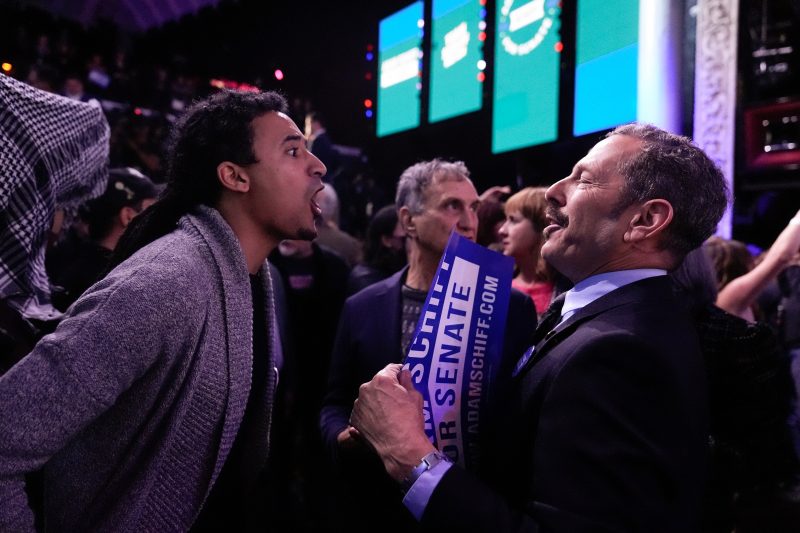In recent years, the ongoing Israeli-Palestinian conflict has once again taken center stage on the global political arena, drawing intense scrutiny and sparking widespread protests. The issue has also garnered significant attention from U.S. politicians, with President Joe Biden and other Democratic leaders finding themselves in a precarious position as they navigate the complexities of the conflict and respond to mounting pressure to take a more pro-Palestinian stance.
The recent wave of pro-Palestinian protests across the United States has forced Biden and his fellow Democrats to confront a thorny dilemma — how to balance their historic support for Israel with growing public sentiment in favor of the Palestinian cause. For decades, the U.S. has maintained a close alliance with Israel, providing billions of dollars in military aid and staunchly defending its right to exist and defend itself. However, the scenes of destruction and suffering in Gaza and the West Bank have reignited calls for a more even-handed approach that recognizes the plight of the Palestinian people.
Biden, a long-time supporter of Israel, has found himself under increasing pressure to recalibrate his approach to the conflict in light of the escalating violence and humanitarian crisis in the region. While he has reaffirmed his commitment to Israel’s security and condemned Hamas rocket attacks, Biden has also called for a ceasefire and emphasized the need for a two-state solution that addresses the legitimate aspirations of both Israelis and Palestinians.
Other leading Democrats, including House Speaker Nancy Pelosi and Senate Majority Leader Chuck Schumer, have also faced criticism for their perceived bias towards Israel and have been urged to take a more principled stand in support of Palestinian rights. Some progressive lawmakers, such as Representatives Ilhan Omar and Rashida Tlaib, have been vocal advocates for Palestinian human rights and have called for a more robust U.S. response to the crisis.
The changing dynamics within the Democratic Party reflect a broader shift in public opinion, with polls showing a growing number of Americans, particularly younger voters, expressing sympathy for the Palestinian cause and criticizing Israel’s actions in the occupied territories. This groundswell of support has emboldened activists and advocacy groups to speak out against the status quo and demand a more just and equitable resolution to the conflict.
As Biden and other Democrats grapple with the complexities of the Israeli-Palestinian conflict, they must strike a delicate balance between upholding traditional alliances and responding to changing political realities. The pressure to adopt a more pro-Palestinian stance is likely to intensify in the coming months, putting Biden and his administration to the test as they seek to navigate a path towards peace and justice in the Middle East.

